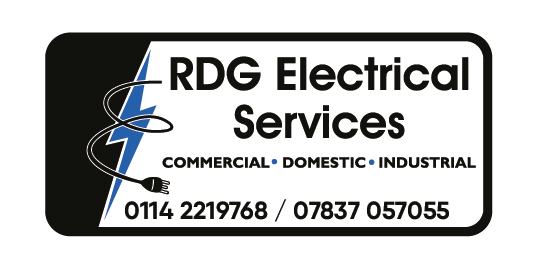Electrical Testing Rotherham
Periodic Inspection & Testing
Fixed wire testing is also comonly know as:
- Electrical installation condition reporting
- Fixed testing
- Periodic testing
- Hard wire testing
Over time, all electrical equipment and installations deteriorate. A periodic inspection and test is required to ensure the safety of electrical wiring and the equipment attached. A periodic inspection involves a comprehensive inspection of all electrical circuits, systems throughout the building. This covers all the hard wiring systems such as consumer units/fuseboards, lighting, socket outlets, and fire alarm systems. In practical terms this means that all circuits should be correctly identified by visualising a combination of circuit labelling and previous electrical installation condition reports.
A comprehensive check of all equipment on site should be carried out, to identify any necessary precautions that need to be taken, so that where conditions require, the disconnecting of equipment that could be damaged by testing is carried out correctly. At Atom we believe comprehensive planning and time management for each project is a necessity to minimize disruption from disconnecting any required electrical circuits.
The results from the Periodic Inspection and Testing should be recorded on an Electrical Installation Condition Report and then provided to the person responsible for requesting the test. The detailed report includes information on any limitations, defects, and dangerous conditions that may be found, as well as the test results and schedules of inspection. If any dangerous conditions are found the should be reported and with permission then, rectified.

Is it Required?
The electricity at work act regulations (EAWR 1989) state that you must take adequate precautions against the risk of death, personal injury from electricity in the work place and other environments. Defective electrical installations present a real danger to people. Testing is recommended by the health & safety executive and is now commonly a requirement of insurance companies before they assume cover for a building. Defective electrical installations present a real danger to people. Testing is recommended by the health & safety executive and is now commonly a requirement of insurance companies before they assume cover for a building.
How often should PIR be carried out?
It depends on the type of installation, for example:
- Site installations – 3 months
- Short term installations – 3 months
- Caravan parks – 1 year
- Fire alarm systems – 1 year
- External installations – 3 years
- Idustrial installations – 3 years
- Commercial installations – 5 years
- Public building – 1 year
- Domestic every 10 years
- Rented houses every 10 years or change of tenancy
(Note if installations are in Scotland different time scales apply.)
